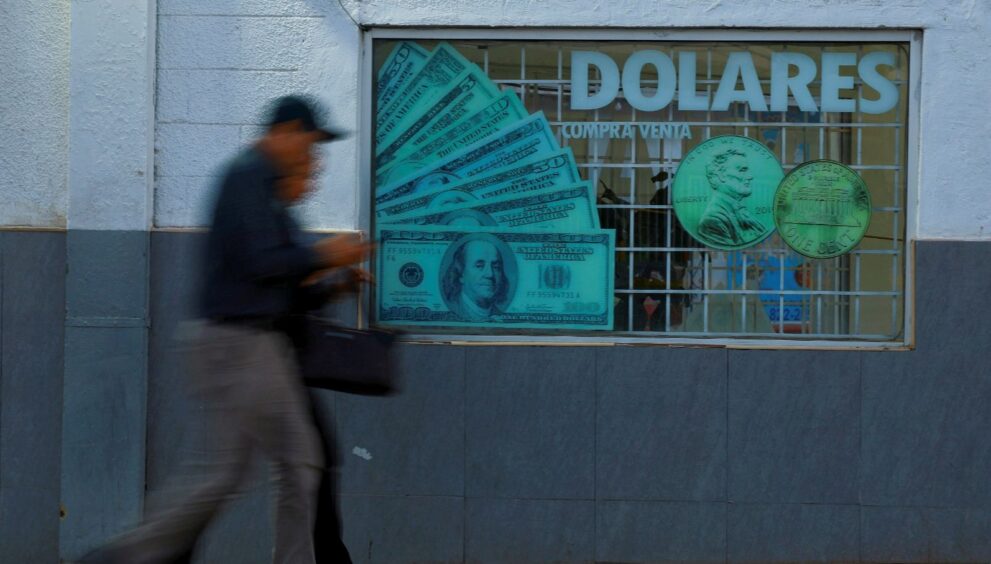Trump Calls a Truce in Trade War: Who Won, Who Lost?

Suspending customs duties tariffs on China, Trump’s move benefited the tourism sector the most. The biggest loser of Trump’s move was China.
After being officially sworn in for a second term on January 20, US President Donald Trump took a break from the escalating trade war step by step, leaving out China for 90 days.
China’s Foreign Ministry Spokesperson Lin Jian, who announced a 125% customs duties tariff immediately put into effect by Trump, stated that Beijing was not interested in conflict but would not fear US threats if continued.
So, who were the winners and losers of Trump’s decision to take a “break”?
WHO WON?
According to Business Insider, tourism companies were the most gaining firms in the market after the decision. Shares of United Airlines rose by 26%, Delta Airlines by 23%.
Cruise companies were also among the winners. Norway-based Cruise Line Holdings gained 19%, Carnival Corp by 18%, and Expedia Group by 18%.
Amir Eylon, President and CEO of Longwoods International, a travel and tourism market research-consultancy company, mentioned that not only airline companies but all trading brands were winners on Wall Street on Wednesday, April 9.
According to Eylon, the main concerns of travel companies regarding tariffs were increased supplier costs and potential decrease in travel expenses due to rising prices.
SEMICONDUCTOR COMPANIES ALSO WON
Considering the increase in share values, Intel, Nvidia, and other semiconductor companies were among the biggest winners of Trump’s recent move. Both Intel and Nvidia’s shares gained about 18%.
Although semiconductors or chips were exempt from tariffs, news reports earlier this week suggested that other parts of products using chips could be affected.
A FAMILIAR NAME ON THE LIST: ELON MUSK
Following Trump’s decision, shares of Tesla, an automotive company owned by billionaire and one of Trump’s advisors Elon Musk, rose by 22% in the stock market. Musk and Tesla were included among the winners of this new decision mainly due to stock price increases.
According to Bloomberg Billionaires Index, Elon Musk’s wealth increased from $290 billion to $326 billion since the market closed the day before.
Musk himself had previously criticized tariffs and directed criticisms towards Peter Navarro, one of Trump’s advisors, in this regard.
EXPECTED NAME ON THE LOSERS’ LIST: CHINA
China, exempt from Trump’s latest “break,” was among the main losers of this process.
According to Meagan Martin-Schoenberger, a senior economist and trade expert at KPMG, a firm offering audit, tax, and advisory services, and other economists, the tariff increase on China actually raised the effective tariff rate as well.
AMAZON ALSO LOST
Although Amazon’s share value showed an increase of around 12% on Wednesday, the increase in customs duties tariffs on Chinese products could be bad news for Amazon because most of the products sold on the platform come directly or through third-party sellers from China.
Earlier reports also suggested that according to Morgan Stanley, Amazon might be the most vulnerable online trading company against Trump’s tariffs due to its sale of products from China.






















































































































































































































































































































































































































































































































































































































































































































































































































































































































































































































































































































































































































































































































































































































































































































































































































































































































































































































































































































































































































































































































































































































































































































































































































































































































































































































































































































































